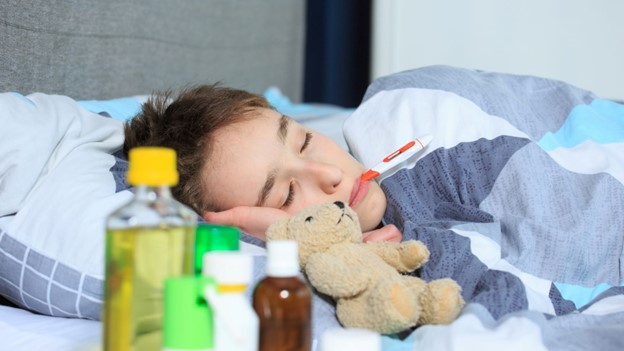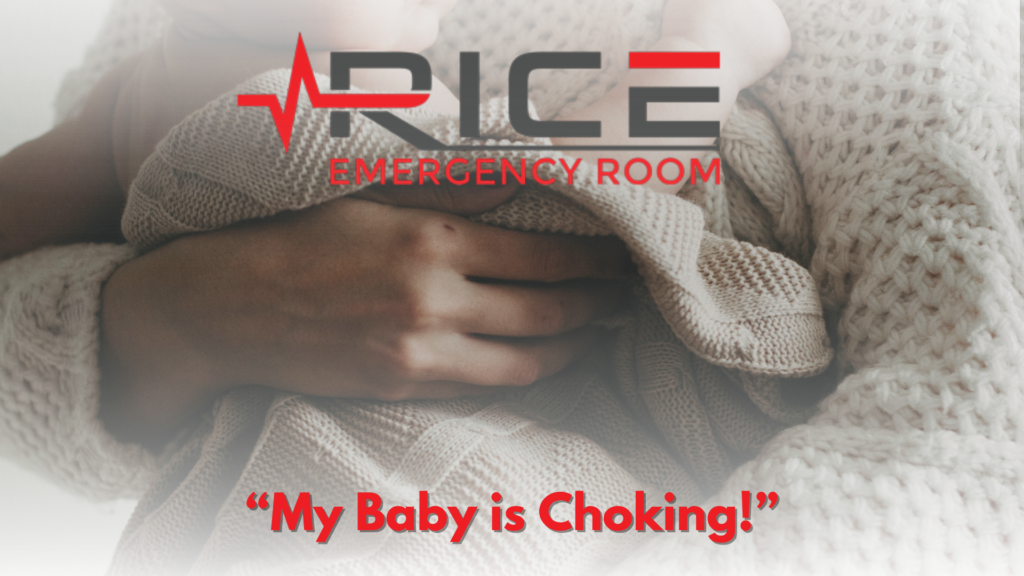Fevers in children can stir a wave of concern for parents. While they’re often the body’s way of fighting off infections, there are moments when a fever lingers longer than expected, leaving parents anxious and searching for answers. Let’s delve into the essential insights parents need when dealing with a persistent fever in their child. By understanding the factors at play and knowing when to seek professional help, you can navigate these challenging moments with confidence and ensure the well-being of your little one.
Symptoms and Causes
Fevers come in various forms, often accompanied by symptoms and underlying causes. When determining the severity of a fever, doctors consider these accompanying symptoms. Common triggers for fevers include:
- Sinus infections
- The common cold
- Influenza
- Local Leukemia, Hodgkin’s disease, non-Hodgkin’s lymphoma, or even a deep vein blood clot, although this is typically associated with localized intestinal infections
Less frequently, a fever can be a sign of more serious conditions like meningitis or chronic illnesses. Autoimmune diseases like arthritis, colitis, and lupus can also lead to fevers. (NCBI)
Understanding Fevers in Children
Before delving into what to do when a fever doesn’t break, it’s essential to understand the basics of fevers in children. A fever is typically defined as a body temperature above 100.4°F (38°C). Viral or bacterial infections often cause them but can also result from other factors such as teething, vaccinations, or environmental conditions.
Most fevers in children are harmless and serve as a natural defense mechanism, helping the body fight off the underlying illness. However, if a fever persists or becomes very high, it can cause concern.
Here’s what you should know:
Monitor the Temperature
When your child has a fever, it’s crucial to monitor their temperature regularly. A reliable digital thermometer can help you accurately assess their fever. If the fever is consistently above 100.4°F, it’s time to take action.
Staying Hydrated
One common concern during a fever is dehydration. Kids may not feel like eating or drinking when they’re unwell, which can lead to dehydration. According to KidsHealth, it’s essential to encourage your child to drink plenty of fluids, such as water, clear soups, or oral rehydration solutions. This can help prevent dehydration, which can worsen the condition.
Medications
Over-the-counter fever-reducing medications like acetaminophen or ibuprofen can help lower your child’s temperature and relieve discomfort. However, it’s vital to follow the dosing instructions carefully. These medications should be used sparingly and only when necessary, as they don’t treat the underlying cause of the fever. (Medical News Today)
When to Visit the Doctor or ER
Knowing when to seek medical attention for a fever is crucial. Consult a doctor if the fever goes above 105°F, lasts longer than three days, is accompanied by a rash, or comes with intense pain or swelling in any body part. Seek emergency medical care if a child has their first seizure or one that lasts over five minutes, if the individual or child has a weakened immune system, if there is confusion or loss of consciousness along with the fever, if a rapidly spreading rash or wound with streaks is present, or if signs of dehydration like very dark urine or reduced urination (less than three times a day) are observed. For infants under three months old, any fever should prompt a visit to a healthcare provider, even if it’s not extremely high, as it could indicate a severe infection. (Pitone)
Fevers in children are typically harmless and serve as a natural response to infections. However, when a fever persists or becomes very high, parents must take action and seek medical advice. Understanding the underlying causes of a persistent fever and knowing when to consult a healthcare professional is essential for the well-being of your child. While you can’t always prevent fevers, you can minimize their occurrence and provide comfort when your child is unwell.
Works Cited
NCBI. “National Center for Biotechnology Information.” NCBI – Fever in Children: Overview,
www.ncbi.nlm.nih.gov/books/NBK279455/.
Medical News Today. “Breaking a Fever: Treatment and Causes.” Medical News Today, MediLexicon International,
www.medicalnewstoday.com/articles/315706#causes.
“What to Do about a Fever (High Temperature) (for Parents) – Nemours Kidshealth.” Edited by Melanie L. Pitone, KidsHealth, The Nemours Foundation, Dec. 2022,
kidshealth.org/en/parents/fever-sheet.html#:~: text=If%20you%20can’t%20reach,of%20liquids%20to%20avoid%20dehydration.




